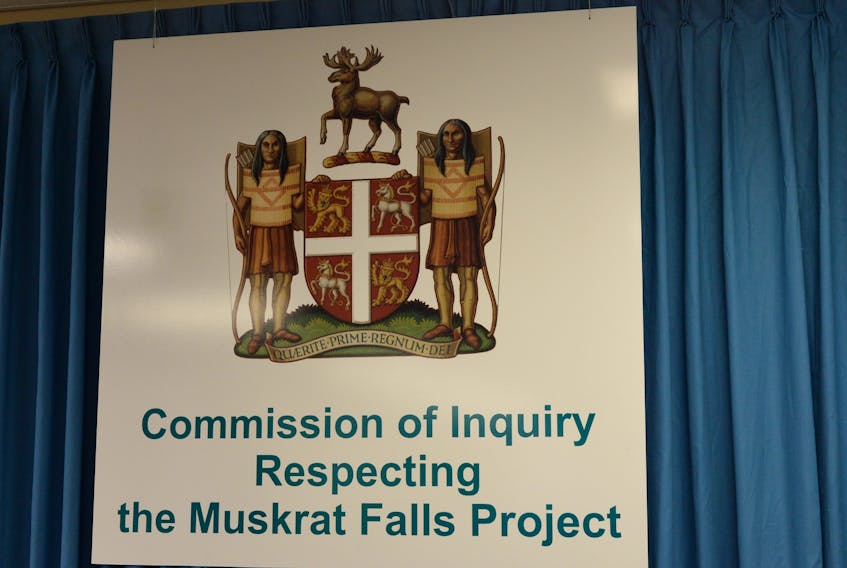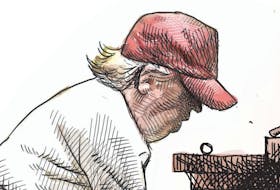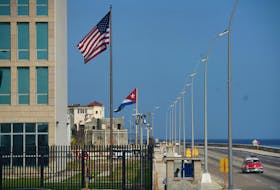As “housekeeping” changes go in legislation at the House of Assembly, this one looks like the housekeeping-est.
Bill 16, which is meant to amend the Court Security Act, actually changes only a handful of words, adding “or inquiry” to the definition of court areas that can use sheriff’s officers for security, and then adding a definition that an inquiry is an inquiry under part one or part two of the Public Inquiries Act.
It will go through all the necessary process of the House of Assembly, in all likelihood have very little debate, then get royal assent and be proclaimed as law.
But what’s perhaps most interesting about Bill 16 and the change in law is the genesis of the change.
The province’s justice minister, Andrew Parsons, says the Commissioner of the Muskrat Falls Inquiry, Richard LeBlanc, requested that sheriff’s officers provide security for the inquiry.
It’s a first since the Court Security Act was brought in back in 2010.
The province’s justice minister, Andrew Parsons, says the Commissioner of the Muskrat Falls Inquiry, Richard LeBlanc, requested that sheriff’s officers provide security for the inquiry.
What’s interesting about that is that sheriff’s officers have a pretty broad range of powers under the act: as peace officers, they’re allowed to search attendees, and are even allowed to use “reasonable force” to evict people from the area the inquiry is using.
It might be that sheriff’s officers are a familiar level of security for Justice LeBlanc, who has held positions on the provincial and Supreme Court benches. It may be that using the officers is the simplest and most straightforward way to provide security. But it may also be a little bit of judicial forethought.
Often, public inquiries, like the recent inquiry into the death of Donald Dunphy, deal with issues that have already moved into a more reflective stage; the events that are being investigated have already occurred, and the focus is on looking back at the process. For its entire run, the Dunphy Inquiry spent just $2,744.05 of its $2.9 million budget on security.
But in some ways, the Muskrat Falls inquiry will be looking into a live issue: the project isn’t complete, there are still active concerns about the project’s potential to create flooding or landslides and create health issues like methylmercury contamination, and there are still legitimate protests occurring as far afield as at Parliament in Ottawa. The government, for example, has still not explained what level of additional soil and vegetation clearing will be done in the reservoir.
The Muskrat Falls Inquiry is expected to be long, not starting its hearings until this fall and not producing a final report until late 2019, with hearings being held spread out over roughly seven months of that time.
It’s not unreasonable to believe that it might also be a public and accessible focal point for people who are frustrated with their inability to be heard and with the financial burden the project will bring to bear.









